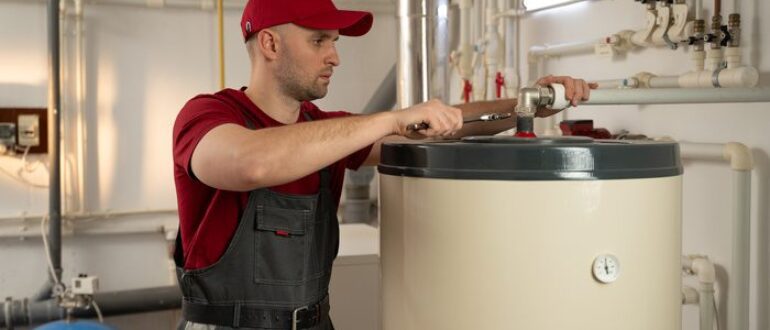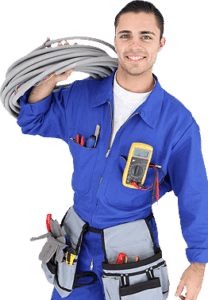
We often take water pressure for granted—until it starts affecting our daily routines. Whether you’re dealing with a sluggish shower, a noisy pipe, or a struggling water heater, chances are, water pressure is at the heart of the issue. At Plumbing Experts, we know how crucial proper water pressure is, not just for comfort but for the long-term efficiency of your entire plumbing system—including your water heater plumbing. In this blog, we’re diving into why water pressure matters, how it affects everything from faucets to hot water flow, and what you can do to maintain it at optimal levels.
Understanding Water Pressure
Water pressure is the force that pushes water through the pipes in your home. It is measured in pounds per square inch (PSI). The ideal water pressure for most residential homes is between 40 and 60 PSI. This range ensures that your plumbing fixtures and appliances operate efficiently without causing undue stress on the system.
Why Water Pressure Matters
Water pressure plays a significant role in the functionality and longevity of your plumbing system. Here are some reasons why maintaining proper water pressure is essential:
- Efficiency: Adequate water pressure ensures that your showers, faucets, and appliances work effectively.
- Longevity: Excessive pressure can wear out pipes and fixtures, leading to leaks and costly repairs.
- Conservation: Proper pressure helps conserve water by preventing wastage.
Impact on Water Heater Plumbing
Water heater plumbing is particularly sensitive to changes in water pressure. Here’s how pressure affects your water heater:
Performance and Efficiency
Water heaters rely on consistent pressure to function correctly. If the pressure is too low, the water heater may struggle to deliver hot water at the desired temperature. Conversely, high pressure can cause the heater to work harder than necessary, reducing its efficiency and lifespan.
Preventing Damage
High water pressure can lead to damage in the water heater’s tank and its components. This pressure can cause leaks or even lead to tank rupture, resulting in significant water damage and a need for costly repairs or replacements.
Signs of Water Pressure Issues
Identifying water pressure problems early can save you from expensive repairs and ensure your plumbing system runs smoothly. Look out for these signs:
- Fluctuating Water Pressure: If you notice inconsistent water flow from your fixtures, it could indicate pressure issues.
- Unusual Noises: Banging or knocking sounds in your pipes can be a sign of high water pressure.
- Leaking Fixtures: Persistent leaks may result from excessive pressure.
- Water Hammer: This is a common issue caused by high pressure, where a loud bang occurs when water flow is suddenly stopped.
Maintaining Optimal Water Pressure
Ensuring your water pressure is within the ideal range is crucial for the health of your plumbing system. Here are some methods to maintain optimal pressure:
Regular Inspections
Schedule regular plumbing inspections with professionals like Plumbing Experts. These inspections can identify potential issues before they become major problems, ensuring your system operates at peak efficiency.
Installing Pressure Regulators
Pressure regulators are devices installed on your main water line to maintain consistent water pressure. They are essential for homes experiencing high pressure, helping to prevent damage to your plumbing system.
Monitoring and Adjusting Pressure
Use a water pressure gauge to monitor the pressure in your home. If you discover pressure outside the ideal range, adjust it accordingly. This can often be accomplished by adjusting the regulator or contacting a professional for assistance.
Water pressure plays a vital role in keeping your plumbing system reliable, efficient, and long-lasting. From keeping your fixtures flowing smoothly to protecting your water heater plumbing, managing pressure is something every homeowner should take seriously. At Plumbing Experts, we’re here to help you monitor, maintain, and optimize your water pressure so your home functions flawlessly every day.
If you’ve noticed signs of pressure issues or suspect your water heater plumbing could use a professional check-up, reach out to us. We’ll ensure everything is working as it should—because when your plumbing’s in good shape, so is your peace of mind.



